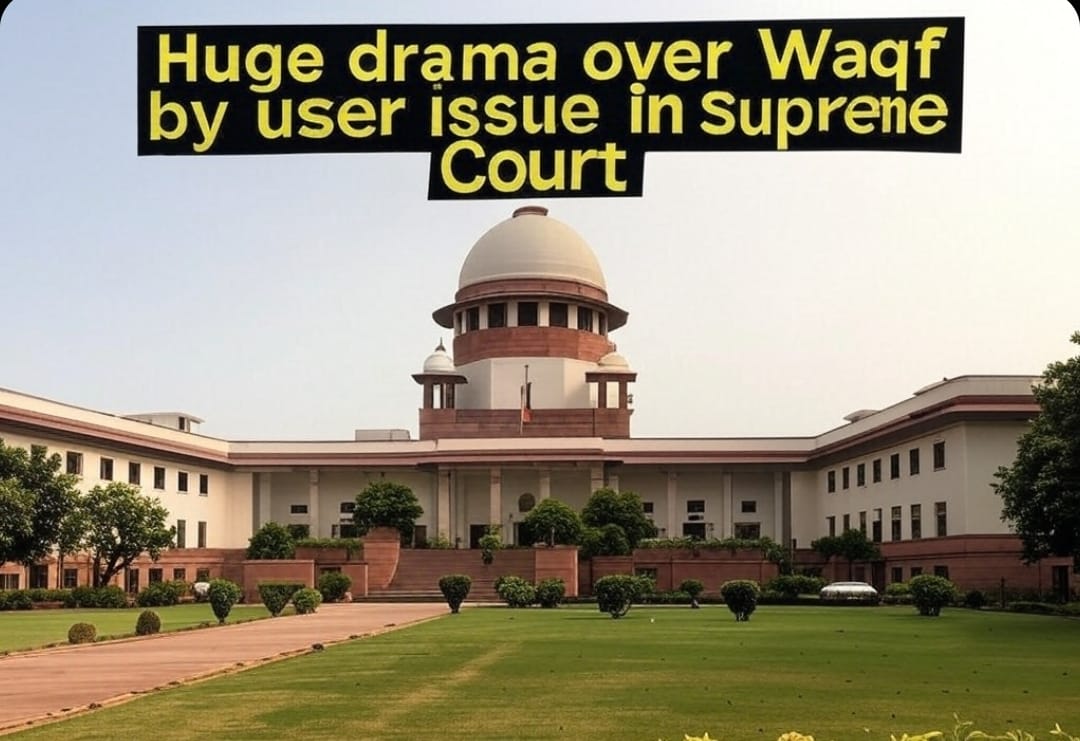In a bizarre incident that underscores the unique challenges of virtual court proceedings, a Delhi court has summoned a litigant who was caught on camera smoking a cigarette during an ongoing online hearing. The incident, which occurred during a matrimonial dispute hearing, has raised eyebrows and sparked a discussion about the decorum expected in virtual legal spaces.
The matter came to light when the presiding judge, observing the proceedings via video conferencing, noticed the litigant casually puffing on a cigarette. The judge, understandably taken aback, immediately halted the hearing and directed the court staff to note the litigant’s conduct.
“The litigant was observed smoking during the virtual hearing. This is a clear violation of court decorum and cannot be tolerated,” remarked the judge, according to court records.
The incident highlights a growing concern among legal professionals about maintaining the sanctity of court proceedings in the digital realm. While virtual hearings have offered convenience and accessibility, they have also presented new challenges in ensuring discipline and respect for the judicial process.
For many, the courtroom, whether physical or virtual, represents a space of solemnity and authority. The rules of conduct are designed to uphold this sanctity and ensure that all parties involved are treated with respect. Smoking, traditionally prohibited in courtrooms, is seen as a direct affront to this established decorum.
https://www.ndtv.com/india-news/man-caught-smoking-cigarette-during-proceeding-on-video-call-delhi-court-seeks-explanation-8020567 The judge, in issuing the summons, emphasized the importance of maintaining the dignity of the court, regardless of the medium of the hearing.
The summons directs the litigant to appear in person and explain their conduct. This move signals a firm stance against any behavior that undermines the seriousness of judicial proceedings.”The court is not a casual space.
Whether it is a physical courtroom or a virtual one, the same standards of behavior apply. Litigants must understand that they are participating in a formal legal process, and their actions must reflect that,” a senior advocate commented on the incident, speaking on condition of anonymity.
The incident has also sparked a debate about the practicalities of enforcing courtroom etiquette in virtual settings. Unlike physical courtrooms, where security personnel can enforce rules, virtual hearings rely heavily on the participants’ self-discipline.
It is a learning curve for everyone,” said a court official involved in facilitating virtual hearings. “We are still adapting to this new way of conducting proceedings. This incident serves as a reminder that we need to be vigilant and find ways to ensure that the integrity of the court is maintained.”
Legal experts suggest that the incident may prompt courts to issue clearer guidelines on conduct during virtual hearings. This could include specific instructions on appropriate attire, background settings, and behavior.
Some even suggest that technology should be employed to monitor participant conduct more effectively”Perhaps we need to explore technological solutions that can help us maintain order in virtual courtrooms. Features like background blurring, muting unruly participants, and even AI-powered monitoring could be considered,” proposed a technology lawyer.
The litigant now faces the prospect of explaining their actions to the court. The judge’s decision to summon them in person underscores the seriousness with which the court views the matter. The outcome of the hearing could set a precedent for how courts address similar instances of misconduct in virtual settings.
This incident, while seemingly trivial, is a stark reminder of the evolving nature of legal proceedings in the digital age. As courts continue to embrace technology, they must also grapple with the challenges of maintaining traditional standards of decorum and respect. This case will undoubtedly contribute to the ongoing conversation about how to navigate these uncharted waters, ensuring that justice is served with dignity, whether in a physical courtroom or a virtual one.
About Author

Akshita Garg is a career driven law student at Campus Law Centre, University of Delhi, blending analytical precision with a passion for justice. With a foundation in Botany from Hansraj College, she brings a unique perspective to legal research and advocacy. Her experience spans legal drafting, research, and social impact initiatives, gained through internships at leading firms and NGOs. Known for her critical thinking and effective communication, she is committed to navigating the complexities of law to drive meaningful change













